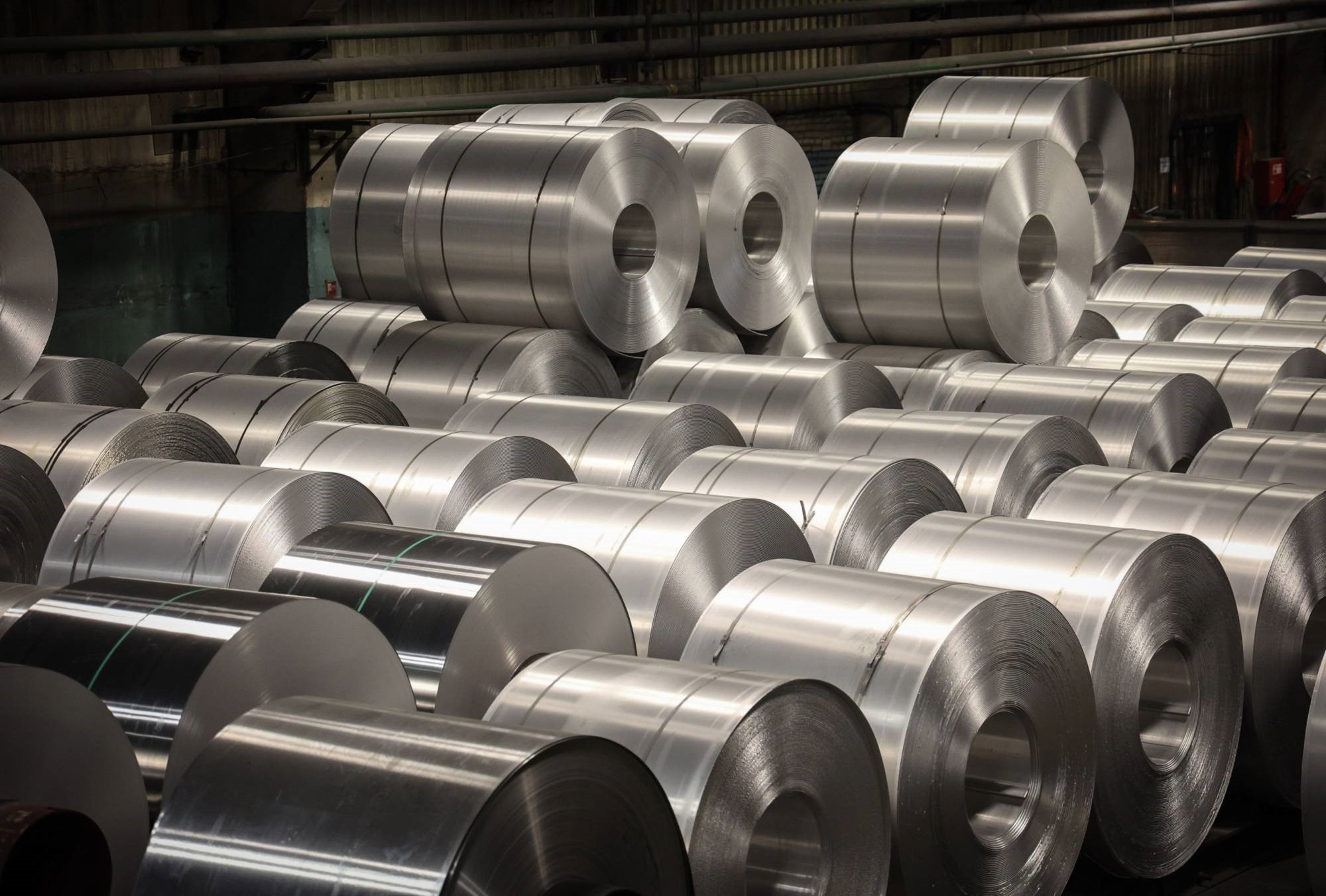

According to the data shared by the Japan Aluminium Association, aluminium rolled product shipments in 2023 declined year-on-year by 6.5 per cent, reaching the lowest point in the past 20 years. The shipment volume through the year totalled 1,707,547 tonnes, falling below the levels observed during the COVID-19 disaster and the Lehman shock period in 2009, when the shipment volume was 1.72 million tonnes and 1.74 million tonnes, respectively.

Over the past six years, Japan’s aluminium rolled products shipment stood below 2 million tonnes. The downfall in Japan’s rolled product shipment in 2023 could be attributed to the slow production of construction materials and materials used for electronic communication equipment. The surge in automotive materials production, surpassing 200,000 tonnes for the first time in recorded history, could not rescue the rolled products shipment.
Among all the aluminium rolled products, shipment of aluminium plates stood at 1,046,234 tonnes and production at 1,048,971 tonnes, down by 8 per cent year-on-year, buoyed by a weaker soft drink market with sluggish sales due to reduced consumption amid rising prices. On the contrary, the automotive sector witnessed a 15.7 per cent year-on-year rise in sales, totalling 206,412 tonnes, attributed to a rebound in finished vehicle production and the increasing demand for lighter vehicle bodies.
Extrusion shipment also fell year-on-year by 4.1 per cent, reaching 661,313 tonnes, and production decreased by 4.3 per cent to 648,312 tonnes. Construction-related extrusions experienced a sharp decline of 9.3 per cent, amounting to 380,967 tonnes, due to a lesser number of housing projects because of the rise in construction costs.
Usage of extrusion in the automotive sector, on the other hand, grew as automobile production and sales increased. Sales for automobiles showed a notable increase of 30 per cent to 134,073 tonnes in Japan.
Foil shipment also saw a 12.2 per cent drop to 97,691 tonnes, with production down by 12.1 per cent to 96,851 tonnes. Shipment of lithium-ion batteries fell by 13.3 per cent year-on-year to 27,477 tonnes, while capacitators shipment shrank by 17.1 per cent to 20,374 tonnes.
Responses








